According to the Associated Press, the Northwest Territories Government of Canada plans to ban the sale of most flavored e-cigarette products from March 2022.
According to the government’s proposed amendment to the “Tobacco and Electronic Cigarette Products Control Law”, only odorless or tobacco-flavored electronic cigarette products are allowed to be sold in the Northwest Territories
For the amendment, advocates say it will help prevent children from becoming addicted to nicotine, but industry insiders say that their sales have been strictly regulated to keep their products away from children, and the new law may force them to close permanently.
Currently, e-cigarette products have a variety of flavors including mango, pineapple, marshmallow and banana bread.
In this regard, Rob Cunningham, a senior policy analyst at the Canadian Cancer Society, said that the various attractive flavors of e-cigarettes in these markets have caused a serious problem.
Rob Cunningham believes that “a very important factor that causes so many young people to smoke e-cigarettes is the wide supply of fruits, candies and other flavors. We have made such great progress in reducing youth smoking. We do not need a new generation of young people. People are addicted to nicotine-but this is exactly what is happening with e-cigarettes.”
Nova Scotia and New Brunswick have now banned e-cigarette flavors other than tobacco, while Ontario and British Columbia have restricted sales locations for all flavors.
According to the 2017 Canadian Tobacco, Alcohol and Drugs Survey administered by Health Canada, 15% of Canadians have tried e-cigarette products, and the proportion of young people and young people who have tried e-cigarettes is the highest.
As of 2018, the Bureau of Statistics of the Northwest Territories found that 33% of Northwest Territories residents aged 15 to 24 have tried e-cigarettes at least once, and one in five Northwest Territories residents who have tried e-cigarettes did so because they like it. The smell of electronic cigarettes.
For Cunningham, banning all flavors except tobacco is a compromise. He believes that this will allow adults who want to use e-cigarettes (including those who use e-cigarettes as part of smoking cessation) to use e-cigarettes, and at the same time. The attractiveness of electronic cigarettes to young people is greatly reduced.
“Allowing e-cigarettes to continue to be sold in tobacco-flavored and odorless varieties is a way that e-cigarettes can still be sold in the market while protecting young people,” Cunningham said.
In contrast, Austin Robertson , an e-cigarette industry person , is quite worried about the amendment. Austin Robertson and his brother started their e-cigarette business in 2014 and they now own 11 stores in Canada.
He said that if the law goes into effect as written, they will have to close their factories.
“If this happens, our business will effectively shut down overnight,” he said. “We have data to prove that 99% of our sales are based on flavored e-cigarettes-these are for adults.”
Robertson believes that the reason why adults strongly prefer e-cigarettes with fruit, dessert, and candy flavors rather than tobacco-flavored products is simple.
“Tobacco has been around for many years, and honestly, it tastes like garbage,” he said.
Robertson said that many customers are trying to quit smoking and are looking for something helpful.
He said: “From day one, we have been committed to reducing harm. Our products are designed to help people quit smoking, and they need to get these products at any time. We try to keep people away from carcinogenic ingredients… and e-cigarette products are Products that keep people away from these harmful substances.”
According to current laws and regulations, no one is allowed to sell e-cigarette products to anyone under the age of 19, regardless of whether flavors are added. Robertson believes that the government should focus on enforcing written laws rather than introducing new laws.
He said: “If someone says that taste is something that is worth bringing to the end of the industry, I think people need to look at it from a larger perspective and understand that we have only sold to older people. If children get these products , Then the problem is law enforcement, not retail.”
The Northwest Territories Government will collect feedback on the proposed legislation by January 22, 2022.



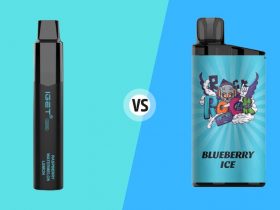
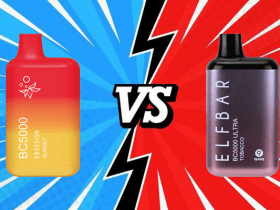

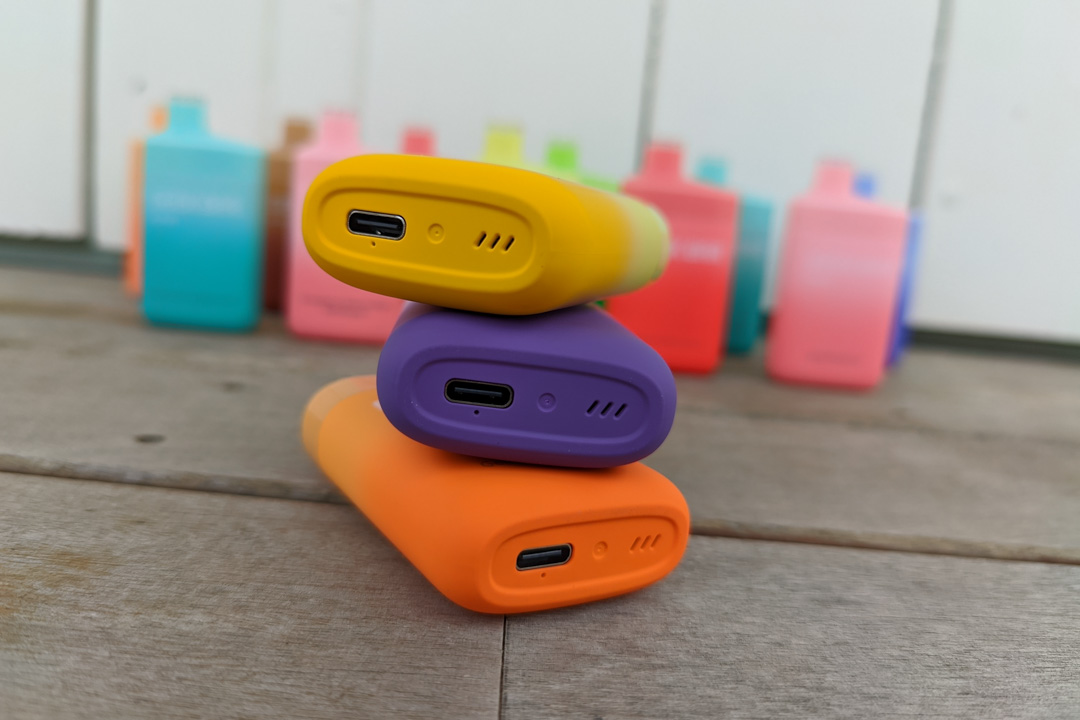




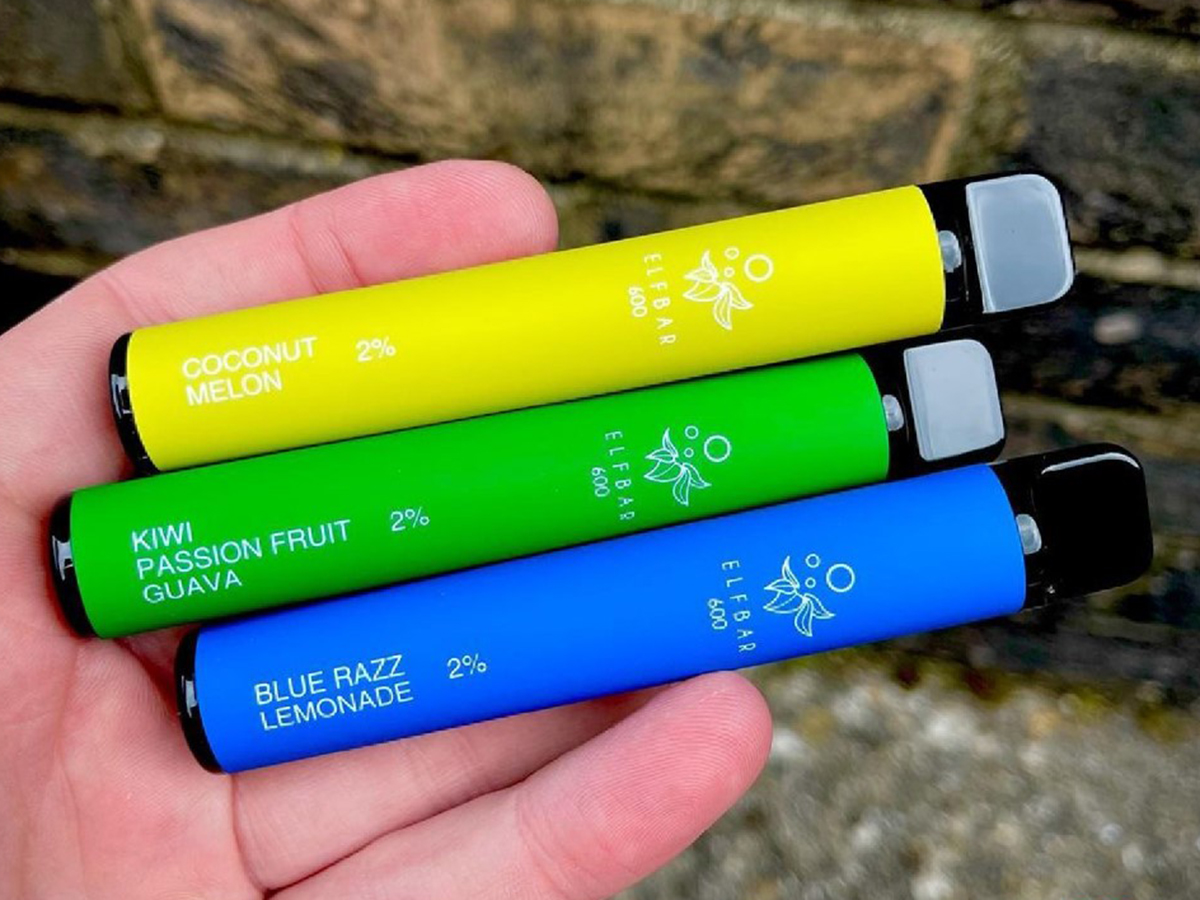
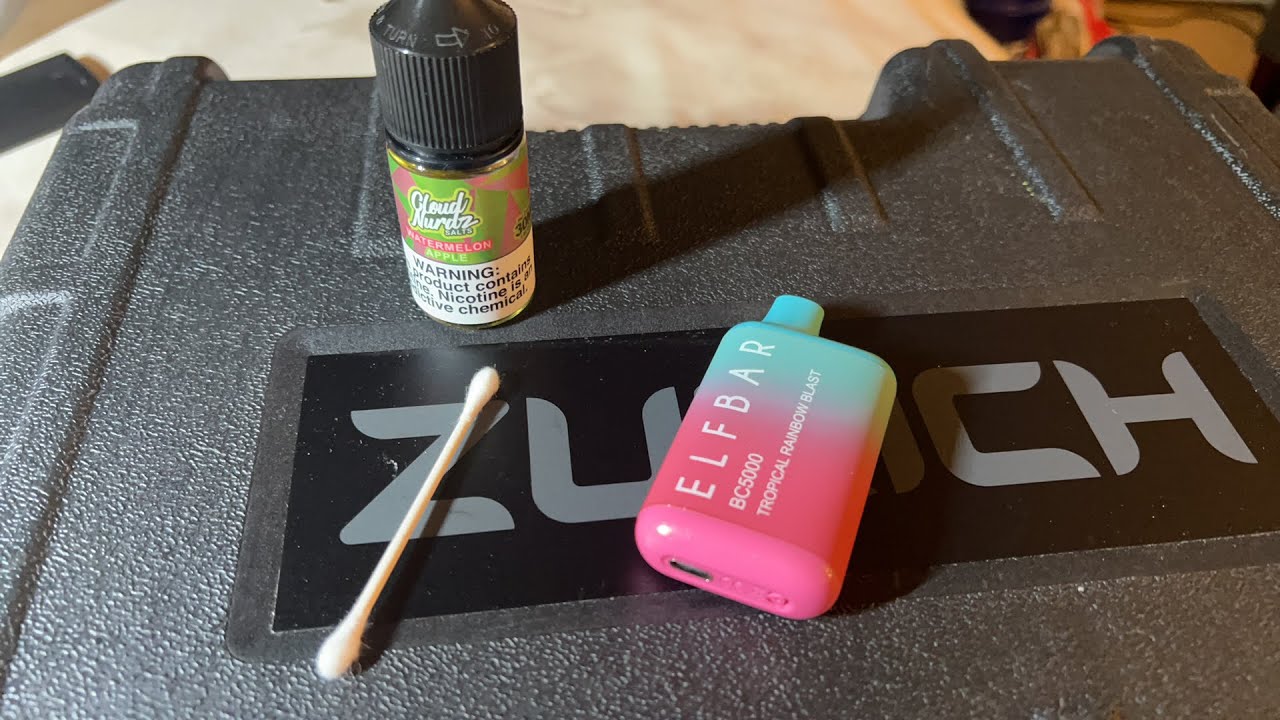








Leave a Reply